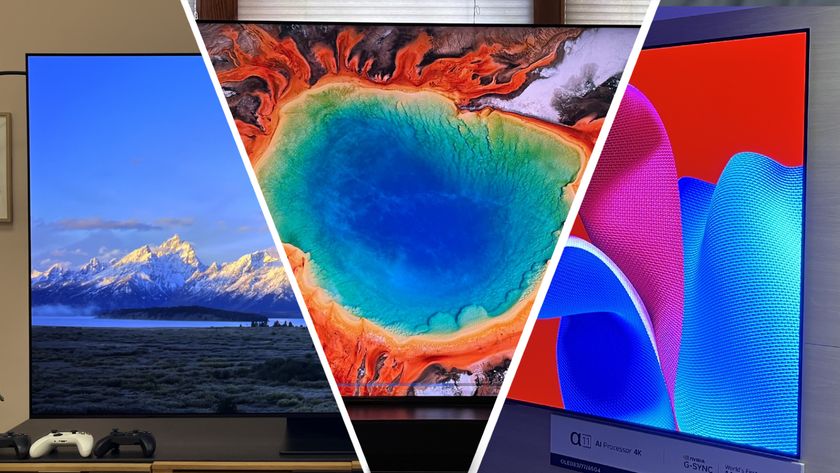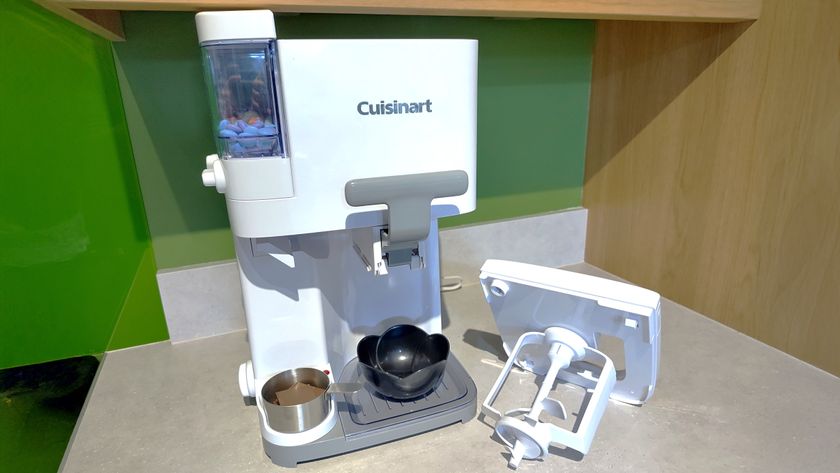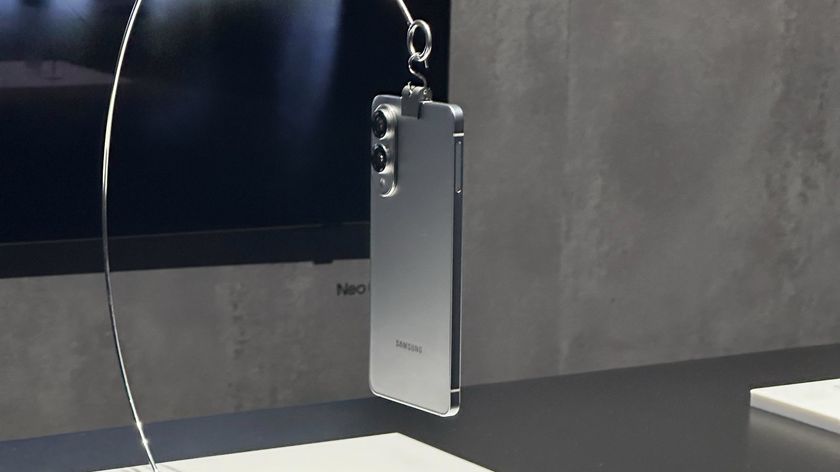What are Realme phones? A guide to the company and its smartphones
Get your head around the Chinese tech company
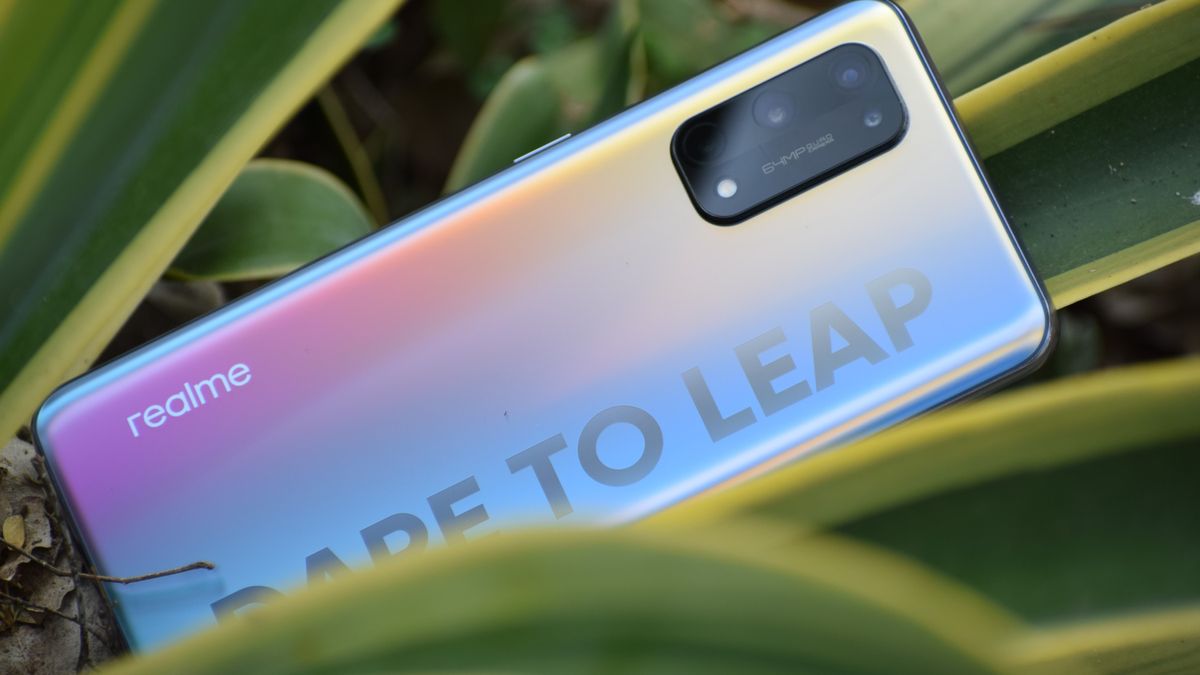
If you've started hearing the Realme name relatively recently, you're not alone, because the once-small tech company has been enjoying a meteoric rise over the last few years.
Realme originated in China but it’s an up-and-comer in the rest of the world, especially in India and Europe, where its low-cost smartphones are making waves in the budget and mid-range price brackets. The company isn’t averse to premium models though, and the GT line which debuted in 2021 includes some top-end handsets.
In fact, Realme has been one of the quickest-growing phone companies for the last few years, so they're definitely worth paying attention to.
Below we’ll run you through a brief history of the company as well as the types of products it puts out, and everything else you need to know about the brand.
A brief history of Realme
Realme was founded in 2010 as a sub-brand to another smartphone company - Oppo, but gained independence in 2018, when it started producing its own smartphones.
Since then the company has put out phones at an impressive rate, and it’s also expanded from selling phones in India and China to many other parts of the globe too.
Realme joins other smartphone brands Oppo, OnePlus and Vivo as belonging to a tech conglomerate called BBK Electronics. The exact relationship between BBK’s smartphone companies has never been specified, but we sometimes see tech and innovations shared between the companies, especially Oppo and OnePlus.
Get daily insight, inspiration and deals in your inbox
Sign up for breaking news, reviews, opinion, top tech deals, and more.
What phones does Realme make?
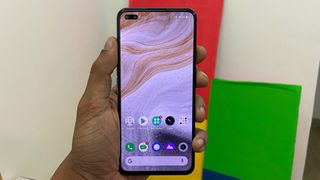
Realme has two main smartphone lines, though that could change soon, as we’ll get into. In some regions the company has many more lines of smartphones like the Narzo, Q, C and V-prefix devices, but they’re not globally available, so we won’t go into detail on them.
The first of the two main lines is Realme's numbered line, with handsets like the Realme 7 and Realme 7 Pro. These are affordable and low-mid-range devices that rival Motorola’s Moto G or Xiaomi’s Redmi line, with cheap and cheery phones designed for people who need dependable devices without top specs.
Then there's the Realme GT line, which was launched in 2021 as a replacement to the 'X' line. While X devices were mid-rangers, the GT line straddles middle-tier and high-end phones, with the GT 2 Pro the company's first premium flagship phone.
Realme GT phones generally offer top-end processors, fast charging and colorful designs, with less of an emphasis on camera capabilities.
Realme phone availability information
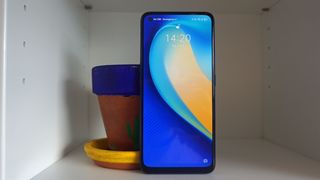
As Realme is fairly new, and has put out loads of smartphones since its debut, it’s hard to discern any particular patterns in its release schedule. Unlike many other phone brands, the company doesn’t seem to adhere to a yearly launch plan.
Regarding availability, Realme currently sells smartphones in most parts of the world, though the US is one exception. However, in an interview with TechRadar, Madhav Sheth, Realme’s CEO, suggested the brand could bring its devices to the US before too long as well. This could be a few years off though.
Other tech Realme sells

Like most tech companies, Realme has a product ecosystem of non-smartphone devices, though it’s rolling out its devices slowly. The company calls this its 1+4+N strategy where the ‘1’ is your smartphone which controls gadgets in 4 key areas including audio and wearables, which are helped by ‘N’ which denotes smart home and Internet of Things (IoT) devices.
The non-smartphone gadgets include wireless headphones like the Realme Buds Air, smartwatches like the Realme Watch and fitness trackers like the Realme Band. In some regions the brand also has smart home appliances and TVs.
The company has pledged to rapidly expand its portfolio through 2021 though so we could see routers, tablets and more coming, though we don’t have clarity on exactly what.

Tom Bedford was deputy phones editor on TechRadar until late 2022, having worked his way up from staff writer. Though he specialized in phones and tablets, he also took on other tech like electric scooters, smartwatches, fitness, mobile gaming and more. He is based in London, UK and now works for the entertainment site What To Watch.
He graduated in American Literature and Creative Writing from the University of East Anglia. Prior to working on TechRadar, he freelanced in tech, gaming and entertainment, and also spent many years working as a mixologist.
Most Popular




